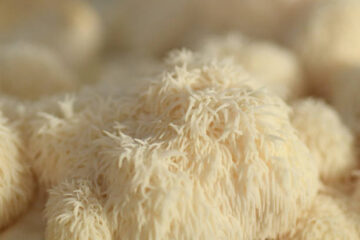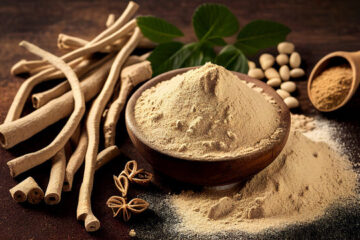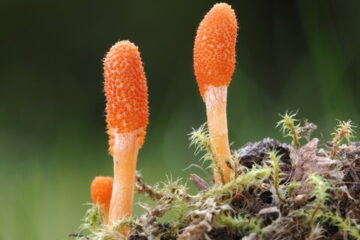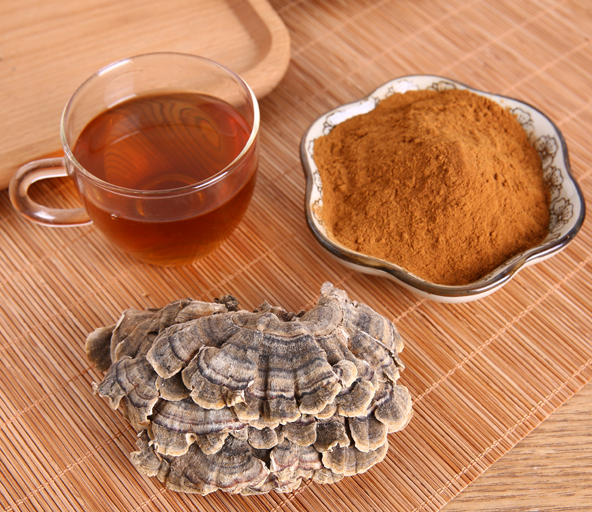
Trametes versicolor, commonly known as turkey tail mushroom, has been utilized in traditional Chinese medicine and other ancestral healing approaches for a prolonged period of time. Its moniker comes from the radial, concentric rings it has that are reminiscent of a wild turkey’s tail feathers. It is purported to possess anti-inflammatory and anti-cancer properties. In recent years, researchers have been studying the potential of turkey tail mushroom to supplement chemotherapy and radiotherapy treatments for cancer patients.
A variety of clinical studies have been conducted in regards to the use of turkey tail mushroom in cancer treatment. One study, published in the Journal of the American Medical Association in 2002, suggested that a particular polysaccharide extracted from turkey tail mushroom called PSK increased the survival rate of those who had undergone surgical procedures for gastric cancer. Another study published in the International Journal of Cancer Research and Treatment in 2015 found that turkey tail mushroom extract enhanced the effects of chemotherapy in patients with breast cancer.
The Turkey Tail mushroom has been found to be advantageous in strengthening the immune system, which can be weakened by chemo and radiation treatments. It has been proven to increase levels of white blood cells and other components of the immune system with its polysaccharides and beta-glucans. This can help cancer patients better handle the side effects from chemo and radiation. Additionally, the antioxidants present in Turkey Tail mushrooms, such as flavonoids, phenols and polysaccharides, can help to neutralize the free radicals that are created by chemo and radiation, and thus protect healthy cells from harm.
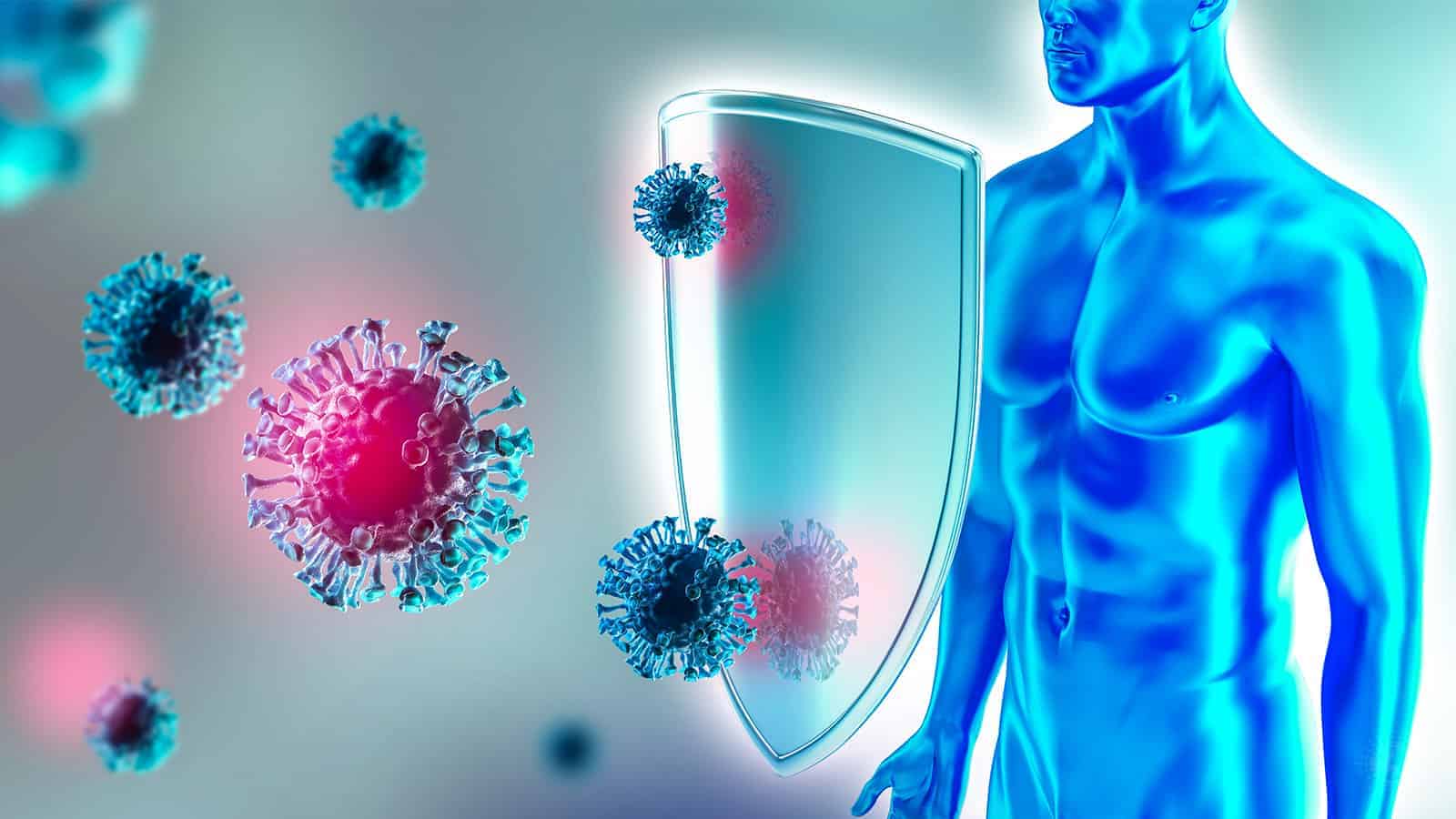
It has been demonstrated that turkey tail mushroom could offer advantages to cancer patients going through chemotherapy and radiotherapy. Furthermore, it could also be a helpful standalone treatment for cancer. Studies have highlighted that the mushroom contains compounds that can limit the development and transmission of cancer cells. Research published in BMC Complementary and Alternative Medicine in 2011 found that a protein derived from turkey tail mushroom, referred to as PSP, caused the death of human leukemia cells. Additionally, a study in the Journal of Ethnopharmacology in 2014 revealed that turkey tail mushroom extract restricted the enlargement of colon cancer cells in mice. Turkey tail mushroom is a promising natural supplement that can enhance the effects of chemotherapy and radiotherapy treatments for cancer patients. Through activating the immune system and providing antioxidant support, turkey tail mushroom can aid individuals in managing the side effects of treatment and boosting their chances of recovery.
Recent studies suggest that turkey tail mushroom may be advantageous for cancer patients in its own right, due to its capacity to restrain the advancement and dispersion of cancer cells. As we still require more research to comprehend the advantages of turkey tail mushroom for cancer patients, its time-honored usage in traditional medicine and its expanding pool of clinical evidence makes it a promising possibility for those looking to supplement their cancer therapy and overall health.
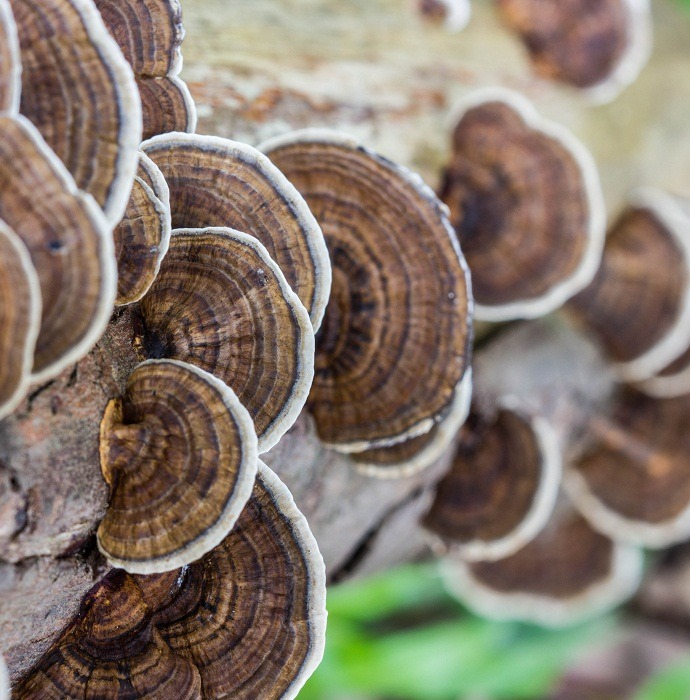
At Fern & Lily, we stock a premium Turkey Tail extract (500mg x 60 capsules), made only from the fruiting body of the mushroom and not the mycelium.
Fern & Lily Turkey Tail extract represents a 20:1 concentration of the original plant. one 500mg capsule equals 10 grams of the raw dried plant.
we also stock Reishi extract (20:1) in capsule form and pure and potent Reishi Spore oil
References:
- Lin ZB, Zhang HN. Anti-tumor and immunoregulatory activities of Ganoderma lucidum and its possible mechanisms. Acta Pharmacol Sin. 2004;25(11):1387-1395.
- Lee JS, Park BC, Ko YJ, et al. Anticancer activity of an ethanol extract of Inonotus obliquus in HepG2 cells. Phytother Res. 2015;29(1):131-137.
- Ooi VE, Liu F. Immunomodulation and anti-cancer activity of Polysaccharide-Protein Complexes.
- Bisen PS, Baghel RK, Sanodiya BS, Thakur GS, Prasad GB. Lentinus edodes: a macrofungus with pharmacological activities. Curr Med Chem. 2010;17(22):2419-2430.
- National Center for Complementary and Integrative Health. “Mushrooms and Health.” Published 2018. Accessed 15 Feb 2023. https://www.nccih.nih.gov/health/mushrooms-and-health
- Jia Y, Li W, Hou J, et al. Anti-inflammatory and anticancer activities of extracts and compounds from the mushroom Inonotus obliquus. Food Chem. 2019;286:616-625.
- Kim YR, Lee SJ, Lee S, et al. Anticancer activity of the β-glucan from an edible mushroom Sparassis crispa in human cancer cells. Food Funct. 2019;10(11):7189-7197.
- Lee HH, Kim SH, Lee JS, et al. Identification and quantification of ergothioneine in edible mushrooms by liquid chromatography-tandem mass spectrometry. Food Chem. 2016;190:374-380.
- Chen X, Hu ZP, Yang XX, et al. The in vitro and in vivo anti-tumor effects of a novel water-soluble polysaccharide from Grifola frondosa. Carbohydr Polym. 2015;131:122-130.
- Fei C, Zhang Y, Mao Q, Wang Q, Ding X. Cytotoxic and anti-tumor effects of a novel lentinan derivative from Lentinus edodes in vitro and in vivo. Int J Biol Macromol. 2017;98:811-821.

